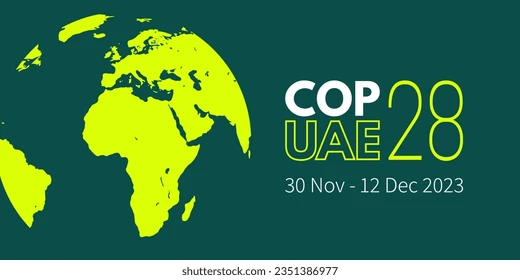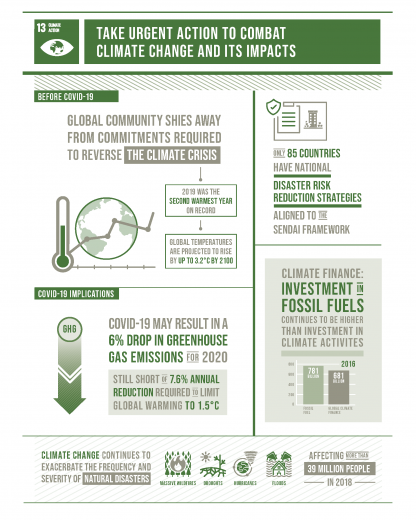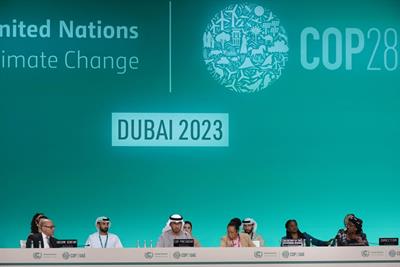Introduction
The 28th Conference of the Parties (COP28) was a pivotal moment in the global fight against climate change. As climate change continues to threaten ecosystems, economies, and communities worldwide, COP28 provided an essential platform for world leaders, policymakers, and stakeholders to establish new commitments and climate policies. This article delves into the key outcomes of COP28 and the global commitments made to combat climate change.
What is COP28?

COP28, held in Dubai, United Arab Emirates, was a United Nations Climate Change Conference focused on assessing and strengthening global climate policies. This summit aimed to accelerate actions toward achieving the goals set in the Paris Agreement and limiting global warming to 1.5°C above pre-industrial levels.
Key Outcomes of COP28

1. Global Stock take of the Paris Agreement
One of the most significant milestones at COP28 was the Global Stock take (GST), an assessment of the progress made since the Paris Agreement was adopted in 2015. The stock take revealed gaps in emission reductions and urged nations to enhance their climate policies.
2. Fossil Fuel Reduction Pledge
For the first time in COP28 history, a global consensus was reached on phasing out fossil fuels. Several countries pledged to reduce reliance on coal, oil, and gas while increasing investments in renewable energy sources like wind and solar power.
3. Climate Finance Commitments
Developed nations reaffirmed their commitment to providing financial aid to developing countries through the Loss and Damage Fund. This fund aims to assist vulnerable nations in mitigating and adapting to climate change impacts.
4. Renewable Energy Expansion
A major highlight of COP28 was the agreement to triple global renewable energy capacity by 2030. Investments in solar energy, wind energy, and hydroelectric power received substantial commitments from both governments and private sectors.
5. Methane Reduction Initiatives
COP28 also reinforced the importance of methane reduction, as methane is a potent greenhouse gas contributing to global warming. Several countries committed to stricter regulations on methane emissions, particularly in the oil and gas industry.
Global Commitments to Combat Climate Change

1. Strengthening Nationally Determined Contributions (NDCs)
Each country is required to submit Nationally Determined Contributions (NDCs) outlining its climate policies. At COP28, countries pledged to enhance their NDCs, ensuring stronger emission reduction targets by 2025.
2. Advancing Carbon Markets
The conference also focused on the role of carbon markets, which allow countries and companies to trade carbon credits to offset emissions. This initiative aims to create a transparent and efficient system to incentivize green investments.
3. Green Technology Investments
Green technology innovation was a key theme at COP28, with many countries announcing investments in climate-friendly solutions such as carbon capture, electric vehicles, and sustainable agriculture practices.
4. Enhancing Climate Resilience
Recognizing the increasing frequency of extreme weather events, COP28 saw commitments toward enhancing climate resilience in vulnerable regions. Investments in disaster preparedness, resilient infrastructure, and ecosystem restoration were key focuses.
Challenges in Implementing COP28 Climate Policies

While the commitments made at COP28 are commendable, several challenges remain:
- Funding Gaps: Many developing nations still struggle to secure adequate financial support for climate adaptation and mitigation.
- Political Will: Some countries remain reluctant to commit to aggressive emission reduction targets due to economic concerns.
- Enforcement Issues: Ensuring accountability and proper implementation of climate policies remains a significant hurdle.
The Role of Businesses and Individuals
To achieve the goals of COP28, both businesses and individuals must play an active role. Corporations need to prioritize sustainability, reduce carbon footprints, and invest in clean energy. Meanwhile, individuals can contribute by adopting eco-friendly lifestyles, supporting green initiatives, and advocating for stronger climate policies.
Conclusion
COP28 marked a crucial step in the global fight against climate change. The commitments made during the conference signal hope for a sustainable future, but actions must follow words. Governments, businesses, and individuals must work together to ensure the successful implementation of climate policies. As the world moves forward, continuous efforts will be essential to meeting global climate goals and securing a livable planet for future generations.
By staying informed and engaged, we can all contribute to the solutions needed to combat climate change effectively.



































